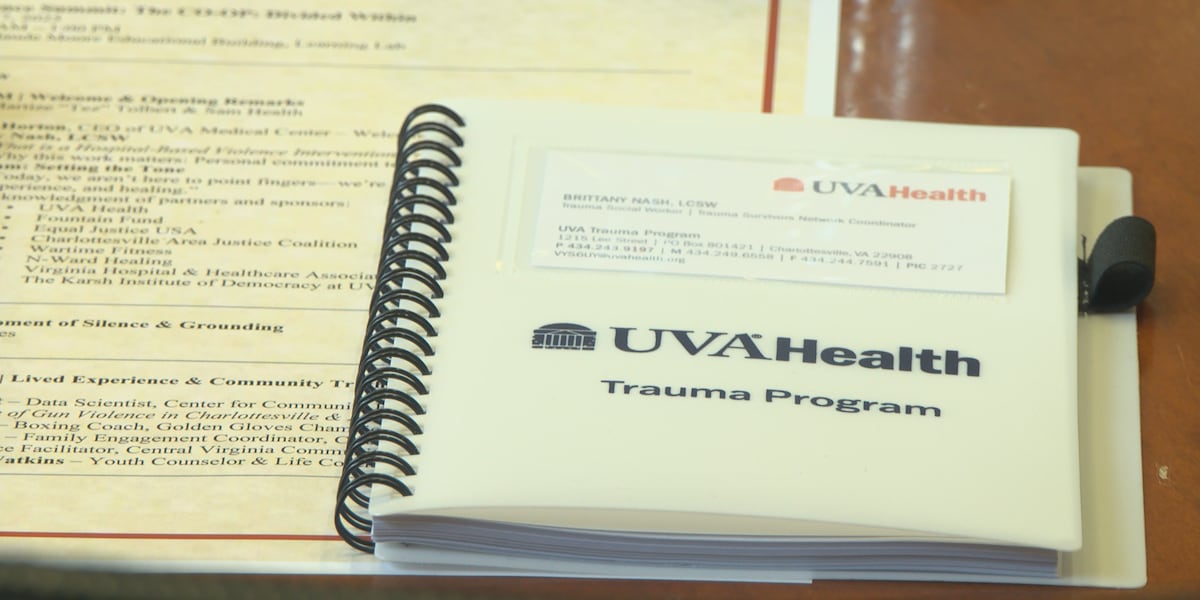Paul Biya, 92, Defies Expectations: Cameroon's Longest-Serving President Runs for 8th Term

Yaoundé, Cameroon – In a move that has sent ripples across Cameroon and the international community, President Paul Biya, Africa's oldest leader at 92, has announced his intention to seek a historic eighth term in office during the October elections. The declaration follows months of intense speculation regarding his health and potential retirement, making this decision all the more surprising.
Biya’s announcement, delivered on Monday, effectively silences rumors that had been circulating for months suggesting he would step aside, potentially paving the way for a new generation of leadership in the Central African nation. The news has been met with a mixed reaction, ranging from cautious optimism to outright concern, particularly given the ongoing political and economic challenges facing Cameroon.
A Legacy of Power and Controversy
Paul Biya has held the presidency of Cameroon since 1982, making him one of the world's longest-ruling non-royal leaders. His tenure has been marked by periods of relative stability, but also accusations of authoritarianism, corruption, and the suppression of dissent. Critics point to a lack of meaningful political reforms and limited opportunities for younger generations to participate in the country's governance.
Health Concerns and the Succession Question
The president's age and reported health issues have been a constant source of anxiety. While the government consistently denies any serious concerns, sporadic absences from public life and unconfirmed reports of medical treatment abroad have fueled speculation about his well-being. This has inevitably led to intense discussion about the succession and the potential for a power vacuum should Biya be unable to continue in office.
Political Landscape and Challenges Ahead
Cameroon faces a complex political landscape. The country has been grappling with a separatist conflict in the English-speaking Northwest and Southwest regions, which has led to significant displacement and human suffering. Economic challenges, including unemployment and inequality, further complicate the situation. The upcoming elections will be held against this backdrop of instability and discontent.
The Opposition's Response
The opposition has yet to formally respond to Biya's announcement, but it is expected that they will mount a strong challenge. Several candidates are expected to vie for the presidency, promising change and reforms. However, they face significant hurdles in competing against a well-entrenched regime with considerable resources and influence.
Implications for Cameroon and the Region
Biya’s decision to run for an eighth term has far-reaching implications. Domestically, it prolongs the uncertainty surrounding the country’s future leadership. Regionally, it could influence political dynamics in Central Africa, where strongmen have often held power for extended periods. The October elections will be a critical test for Cameroon’s democracy and its ability to navigate its current challenges. Whether these elections will be free and fair remains a significant concern for both observers within Cameroon and in the international community.
The world will be watching closely as Cameroon prepares for what promises to be a pivotal moment in its history.






